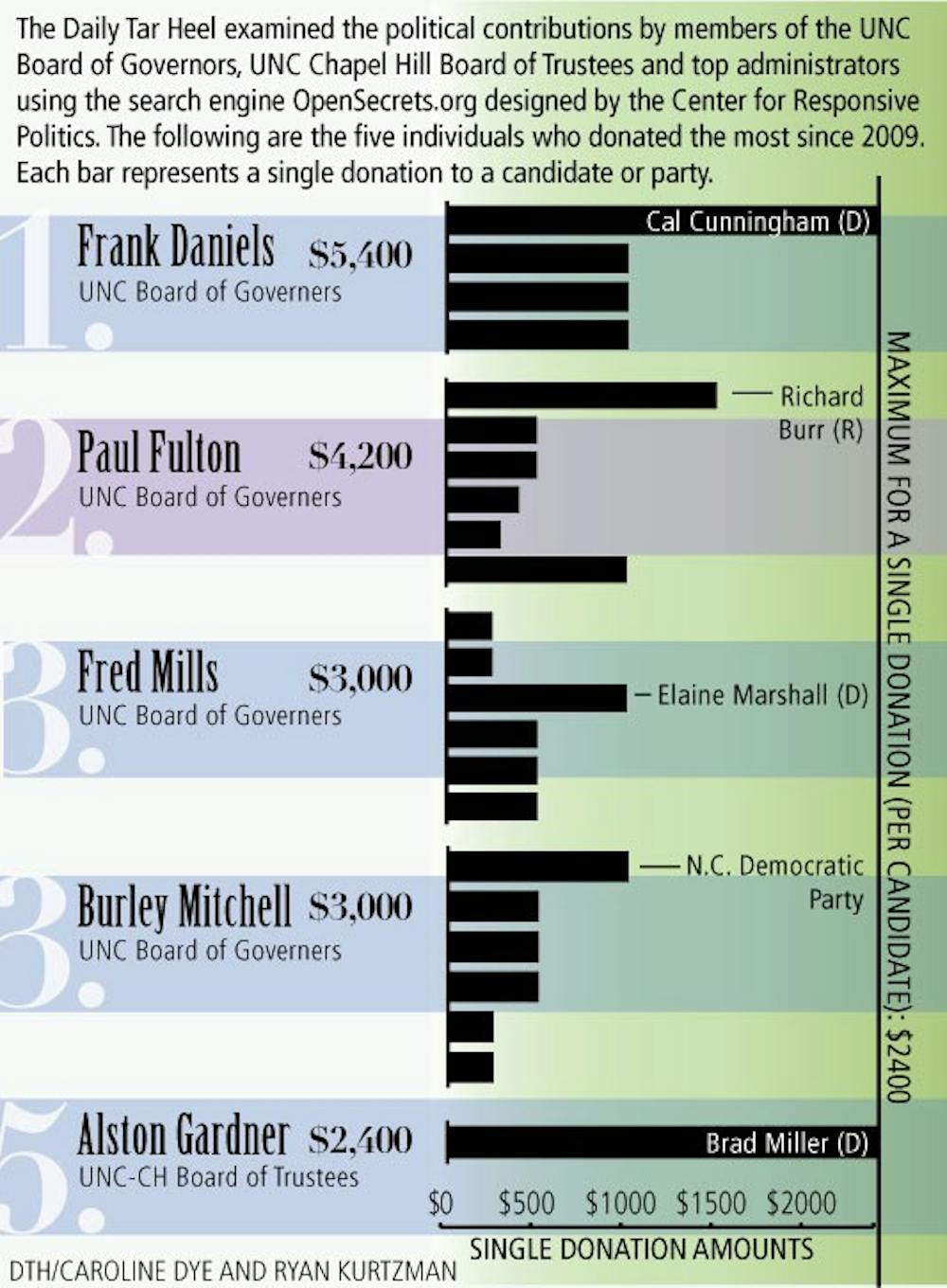In today’s midterm elections, voters will decide whether the Democratic Party was successful in putting its 2008 campaign rhetoric of hope and change into action.
An anti-incumbent sentiment combined with a nationwide Republican surge is expected to cause many Democrats in the U.S. House of Representative and Senate to lose their seats, handing the reins of the Democrat-controlled Congress back to the Republicans.
“Frankly, the only surprise we could see is if Democrats manage to hold onto the majority in both houses,” said Dean Debnam, president of left-leaning think tank Public Policy Polling.
“But it’s pretty clear that’s not going to happen – we’re definitely going to have a Republican majority in the House.”
In North Carolina, the Republican wave has shaken up several House races and helped U.S. Sen. Richard Burr open up a comfortable lead against his Democratic challenger, Secretary of State Elaine Marshall, said Chris Hayes, senior legislative analyst at John W. Pope Civitas Institute.
Marshall isn’t the only Democrat in North Carolina who’s hurting. Incumbent Democrats across the state are facing unusually tight races for their seats, especially U.S. Reps. Larry Kissell, Bob Etheridge and Chapel Hill’s David Price.
Rep. Price has felt the Republican push in the form of B.J. Lawson, the same opponent he defeated handily in 2008. But that was a Democratic year and Lawson is a more viable candidate this time, Hayes said.
“Lawson’s definitely improved, he’ll make things more interesting this year,” Hayes said. “But if he gets within 10 percentage points of Price, it’ll show how deep the Republican wave is this year because it was nowhere near that in 2008.”
That wave should help Republican candidates gain the 40 seats needed to gain the majority in the House — and many political experts predict Democrats could lose as many as 60 seats.




